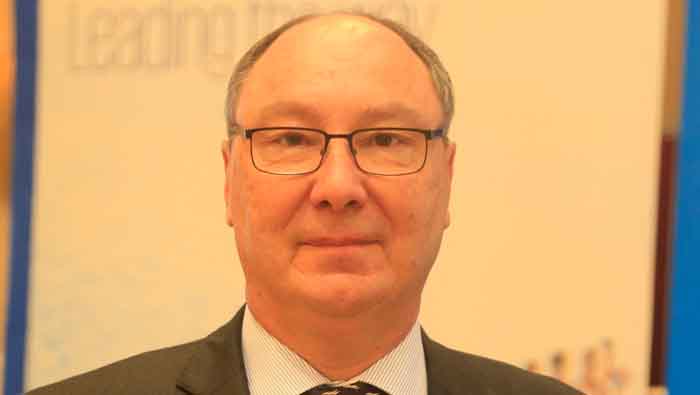
Muscat: Oman’s micro business units, which do not come under voluntary threshold limit for value added tax (VAT) registration, will be in a disadvantageous position once the government introduces the new tax scheme by January 2018.
This is due to the fact that where a supplier is not VAT registered, then the VAT amount on their inputs is not recoverable and this additional cost becomes embedded in the price of their supplies and is not recoverable by their customers, according to top-level officials of KPMG, who addressed a seminar on VAT implementation road map here on Monday.
The United Arab Emirates (UAE) said that mandatory VAT threshold limit for business enterprises is fixed at $1 million (equivalent to OMR385,000), while voluntary registration is for companies with an annual turnover in the range of OMR192,500 and OMR385,000. Oman is likely to follow the same threshold limit as all GCC states will have to agree on certain frameworks.
“If you buy (goods and services) from a registered business, you can recover VAT amount (paid by your supplier),” said Rob DallaCasta, VAT leader, KPMG in the Lower Middle East. The companies, which are not registered, also will have to pay VAT component, which will increase the cost as the company cannot claim for reimbursement. “So, the cost structure will go up and therefore, companies prefer to deal with businesses that are registered for VAT.”
Citing the example of Australia’s experience, Casta said that there are 2.6 million business enterprises registered for VAT in the country and half of these are voluntary registration.In fact, 70-80 per cent of rules related to VAT are common across the world.
Business enterprises are generally grouped into three categories for the purpose of levying value added tax, which is also known as goods and services tax (GST) in several other countries. These groups are – standard rated supply, zero rated and exempted.
The zero rated categories of businesses include exports of goods and services, basic foodstuff and medicines and medical equipment.
Examples of exempted supplies include sale of existing residential property, lease of residential property, financial services, healthcare, education and sale of undeveloped land. However, a decision on the type of companies or nature of business of these three categories is yet to be taken by Oman government.
Ashok Hariharan, partner and head of tax, KPMG in the Lower Gulf, said that VAT is not a cost to the business enterprise, rather a levy on consumers.
Share trading is generally exempted from value added tax, while brokerage service comes under the purview of VAT. As many as 200 finance professionals attended the seminar.